Crime
Beginner
The Vory: Russia’s Super Mafia
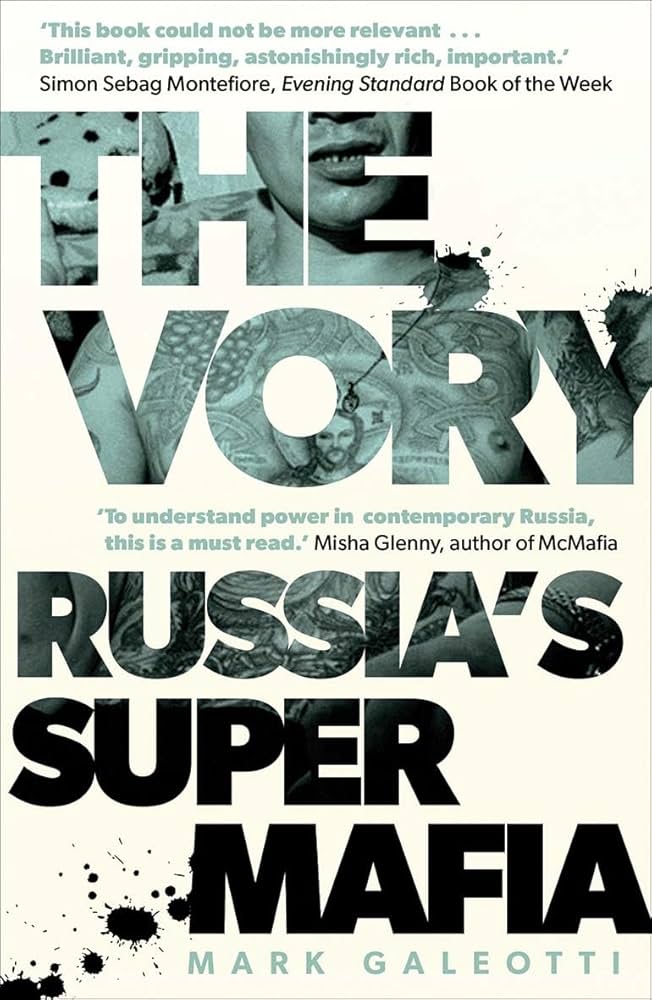
This book traces the history, evolution, and influence of Russia’s criminal underworld, known as the vory v zakone (thieves-in-law). It examines the beginnings during Soviet times, how these criminal networks survived Soviet repression and then thrived in the chaotic 1990s, adapting to modern Russia.
While this book is written in a quite "pop-science-y" way, with a focus on telling a compelling narrative talking about the codes, rituals, and power structures of the vory, it's also an excellent introduction into Russian criminal structures and in the relationships / interactions between them and the Russian state.
Comrade Criminal: Russia’s New Mafiya
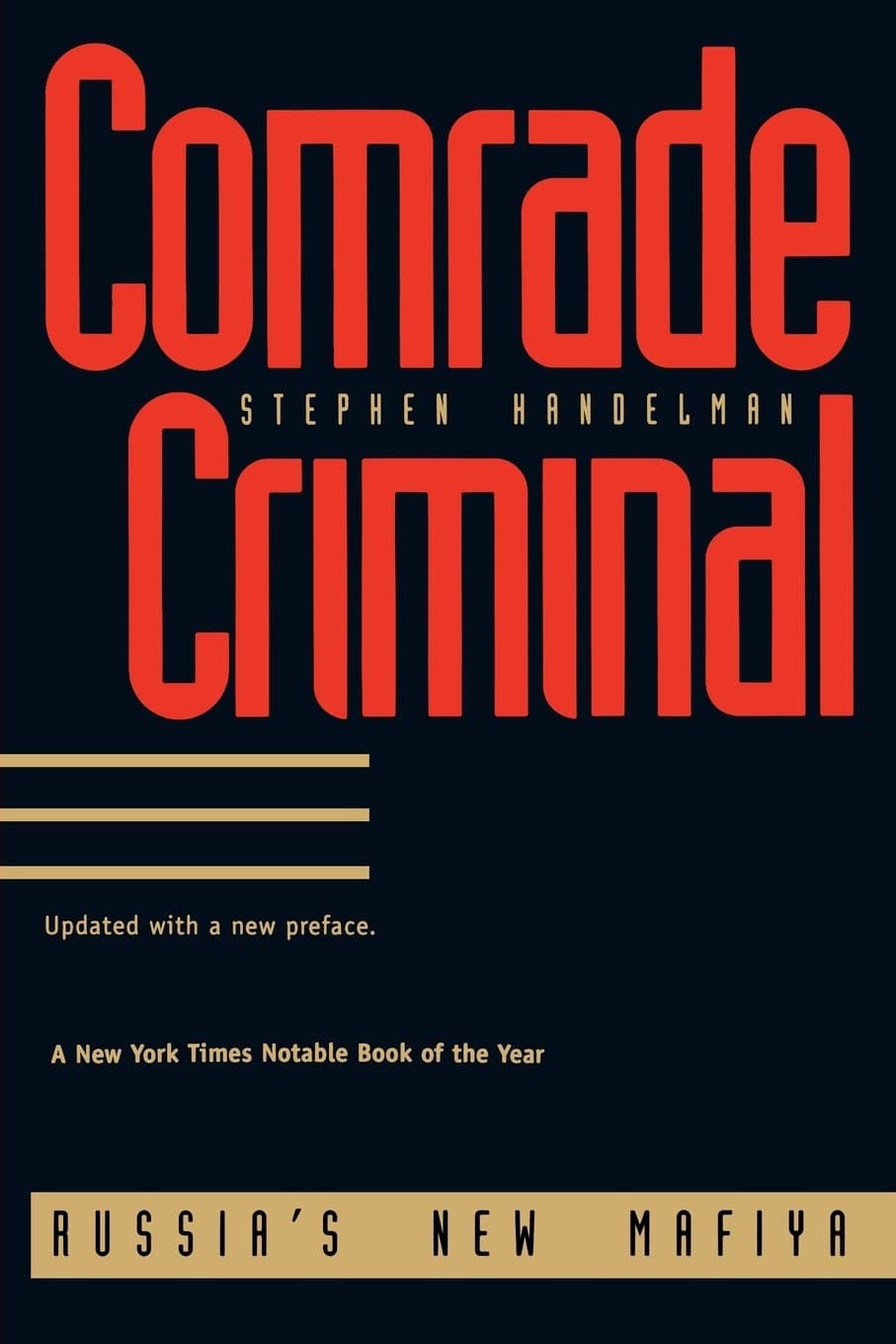
Comrade Criminal explores how organized crime emerged as a dominant force in Russia after the Soviet Union's collapse. The book investigates how former KGB agents, ex-military personnel, and street-level criminals formed powerful mafia networks that infiltrated politics, business, and law enforcement.
Through firsthand accounts, the book details the rise of Russia’s criminal underworld in the 1990s, when the country’s economy was in chaos. Similar to "The Vory", the book isn't (for the most part) a scientific analysis, but a good grounding nonetheless.
McMafia: A Journey Through the Global Criminal Underworld
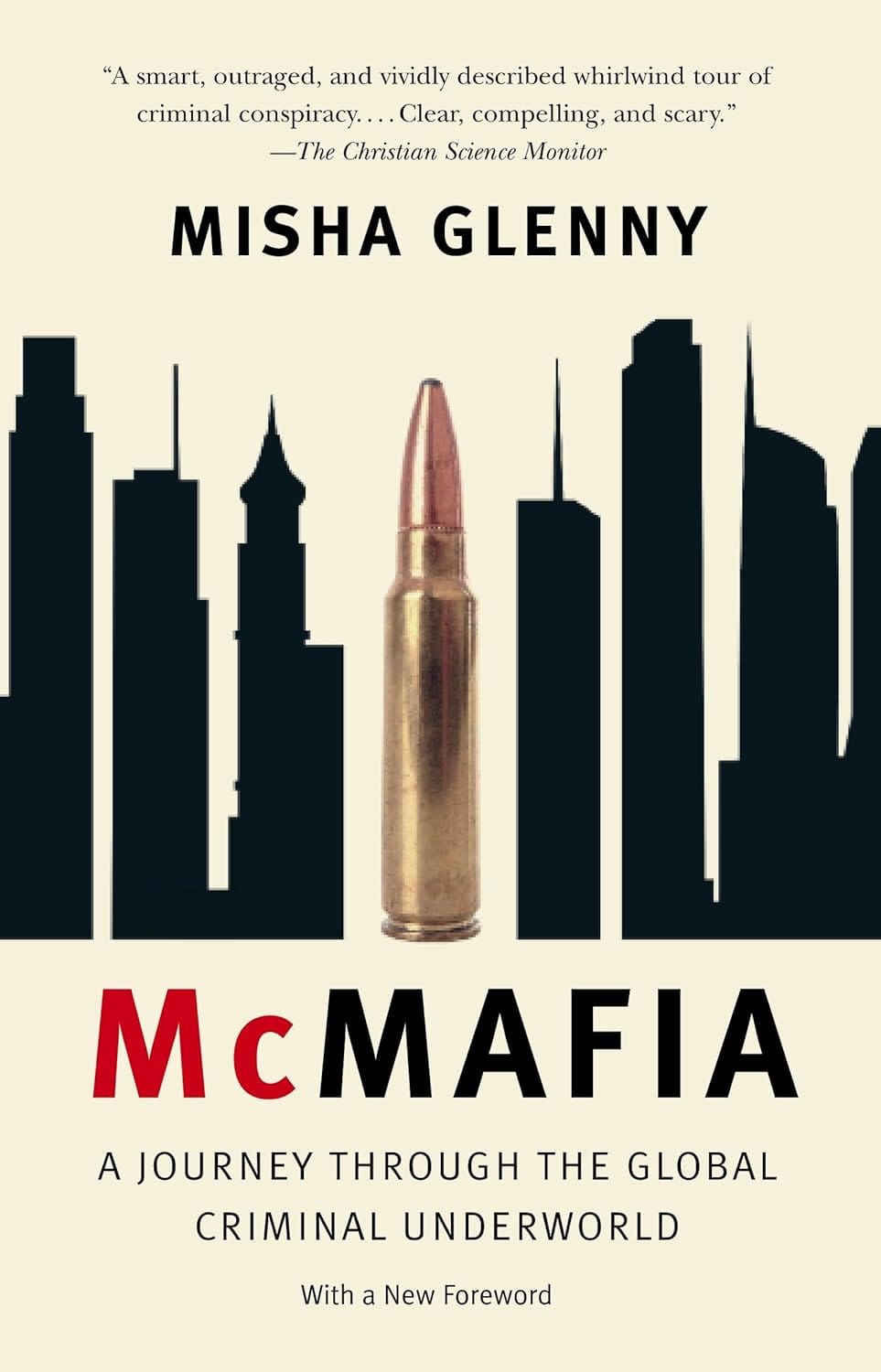
While this book deals with not just Russia, it nonetheless examines how post-Soviet Russian criminals expanded beyond their borders, infiltrating legitimate businesses and using globalization to their advantage. It's an accessible starting point for a broader perspective on how Russian criminal organizations interact with the wider (criminal) world.
Mafia State: How One Reporter Became an Enemy of the Brutal New Russia
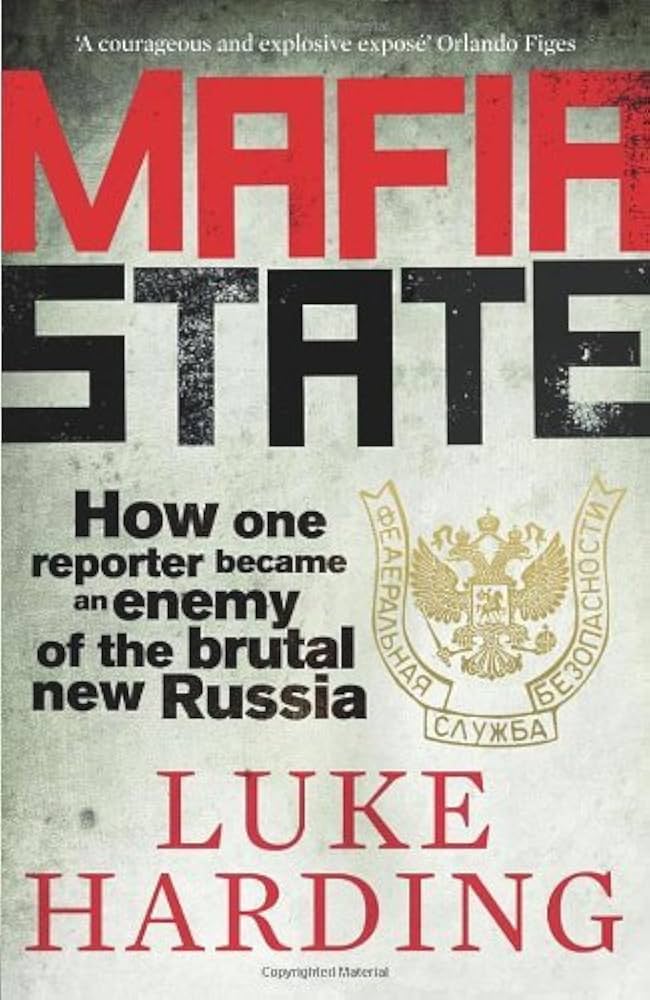
This book is sort of a memoir by journalist Luke Harding, who was stationed in Moscow as a foreign correspondent for The Guardian. It details his experiences with Russian surveillance, intimidation, and expulsion from the country.
This is a good introduction on how the Russia of Vladimir Putin operates like a mafia state, and it provides an inside view of the intersection between politics, crime, and corruption.
Intermediate
Putin’s Kleptocracy: Who Owns Russia?
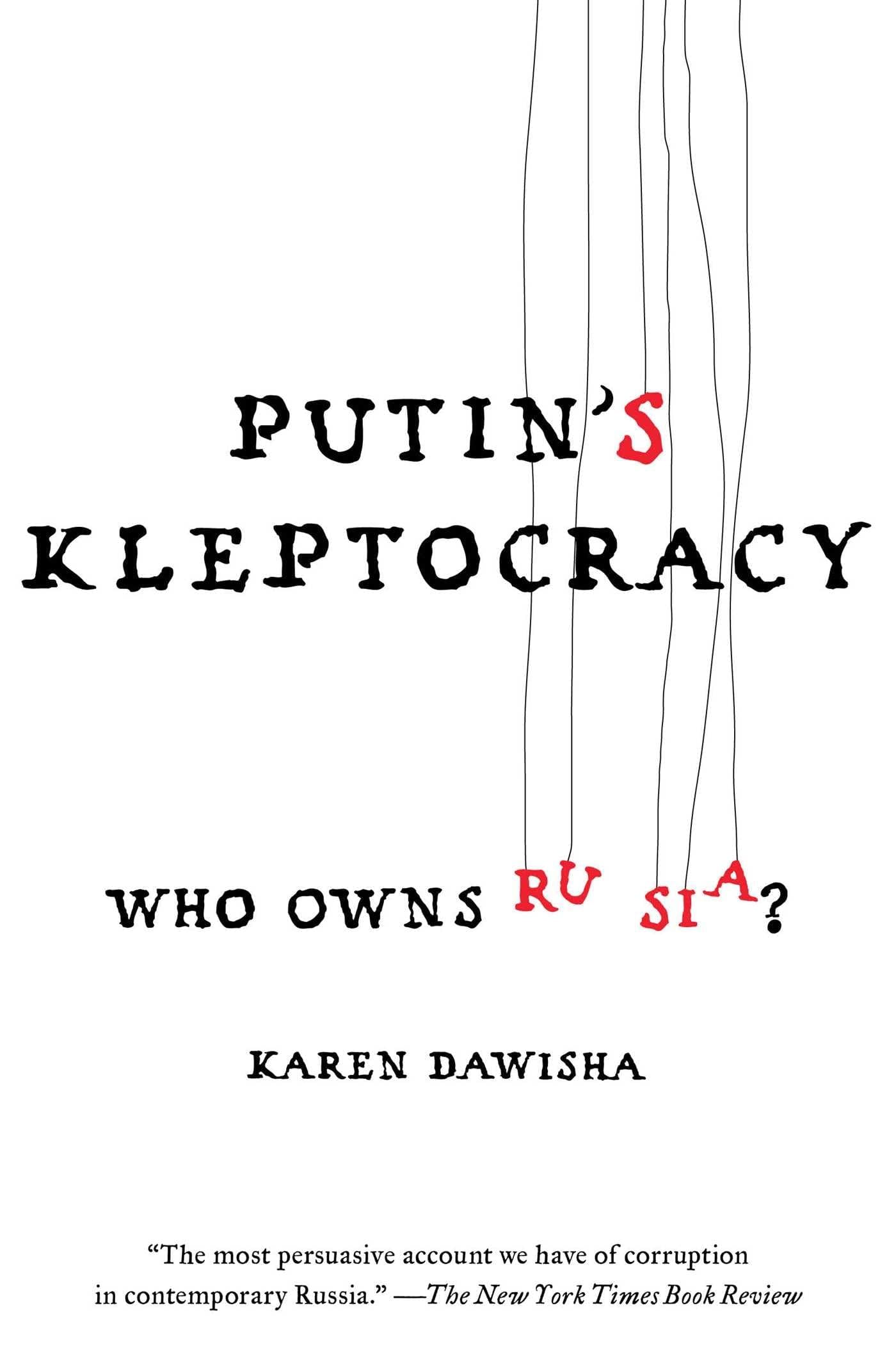
This is a meticulously researched account (to the extent that it can get a bit dry at certain points) of how Vladimir Putin and his inner circle amassed immense wealth and consolidated power through corruption, cronyism, and state control.
Karen Dawisha traces Putin’s rise from his early KGB days to his leadership of a regime that blends authoritarianism with organized crime, showing how money and power are deeply intertwined in modern Russia.
While the book is deeply researched and takes a very analytical approach it's still comparatively accessible, thus providing a good way of deepening ones understanding of crime in Russia, especially corruption involving the state.
Russia’s Crony Capitalism: The Path from Market Economy to Kleptocracy
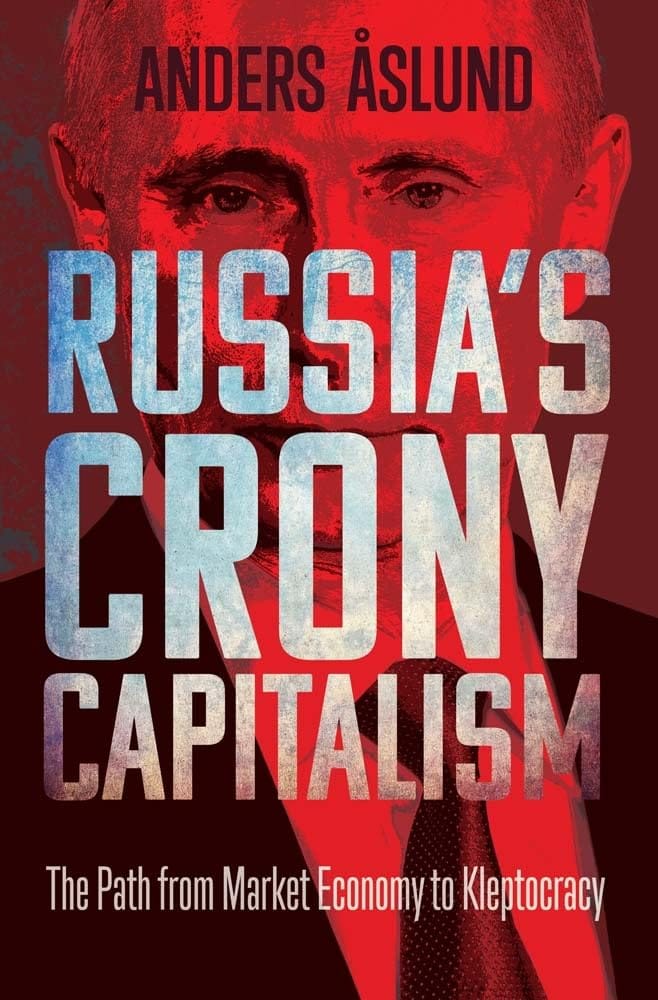
This book examines how Russia transitioned from a potential free-market democracy in the 1990s to an economy dominated by oligarchs and state-controlled enterprises. It explains how crony capitalism emerged under Putin, allowing a small elite to capture massive wealth while suppressing competition and democracy.
It's surprisingly good at breaking down complex financial schemes in a way that people who aren't experts at financial crime can grasp. But you definitely need at least a base level understanding of crime in Russia, particularly in the 90ies.
Advanced
Dirty Entanglements: Corruption, Crime, and Terrorism
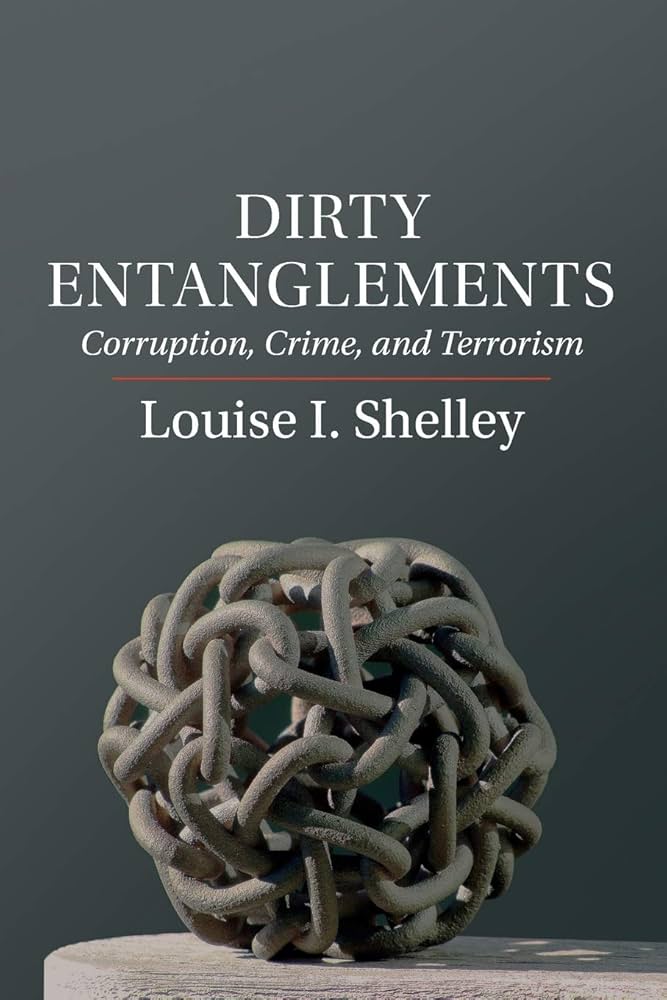
This book explores the connections between corruption, organized crime, and terrorism, with a strong focus on Russia. Louise Shelley analyzes how criminal networks exploit weak governance, engage in illicit activities like arms smuggling and human trafficking, and finance terrorist organizations.
It's academically rigorous, and one can a learn a lot about crime and its intersection with Russian politics from it. But it does assume quite a lot of preexisting knowledge of the reader.
Russian Organized Crime: The New Threat?
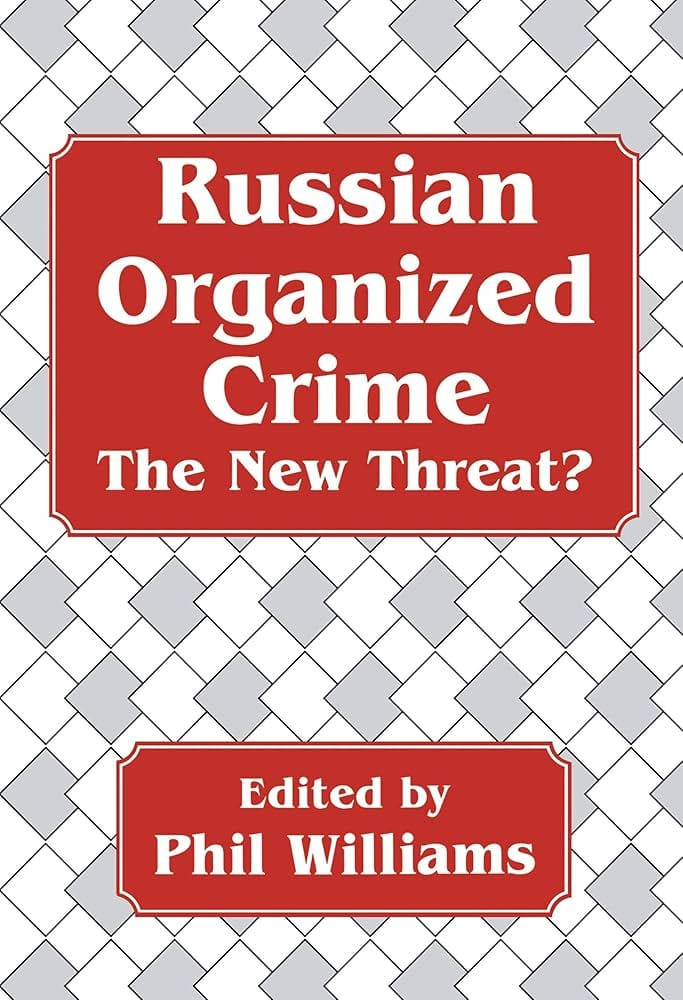
This book examines the rise of Russian organized crime in the post-Soviet era, analyzing how criminal groups gained power, expanded internationally, and posed new challenges to law enforcement.
Russian Mafia in America: Immigration, Culture, and Crime
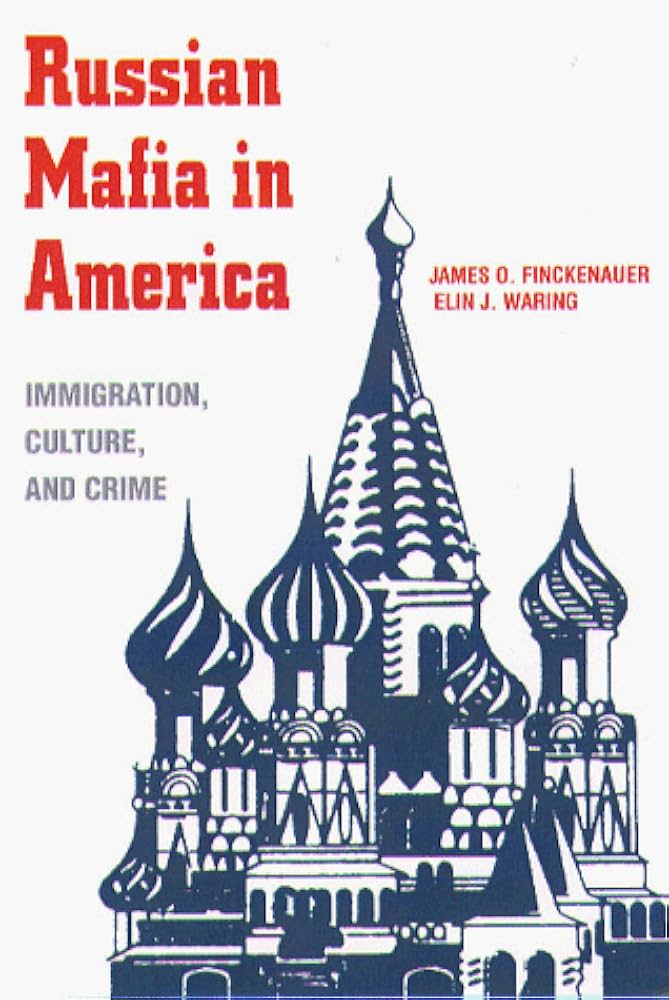
This book explores how Russian organized crime has expanded into the United States, detailing the activities of Russian criminal groups in cities like New York and Miami. It examines how Russian mafia members adapted to American law enforcement tactics while maintaining ties to their homeland.
Violent Entrepreneurs: The Use of Force in the Making of Russian Capitalism
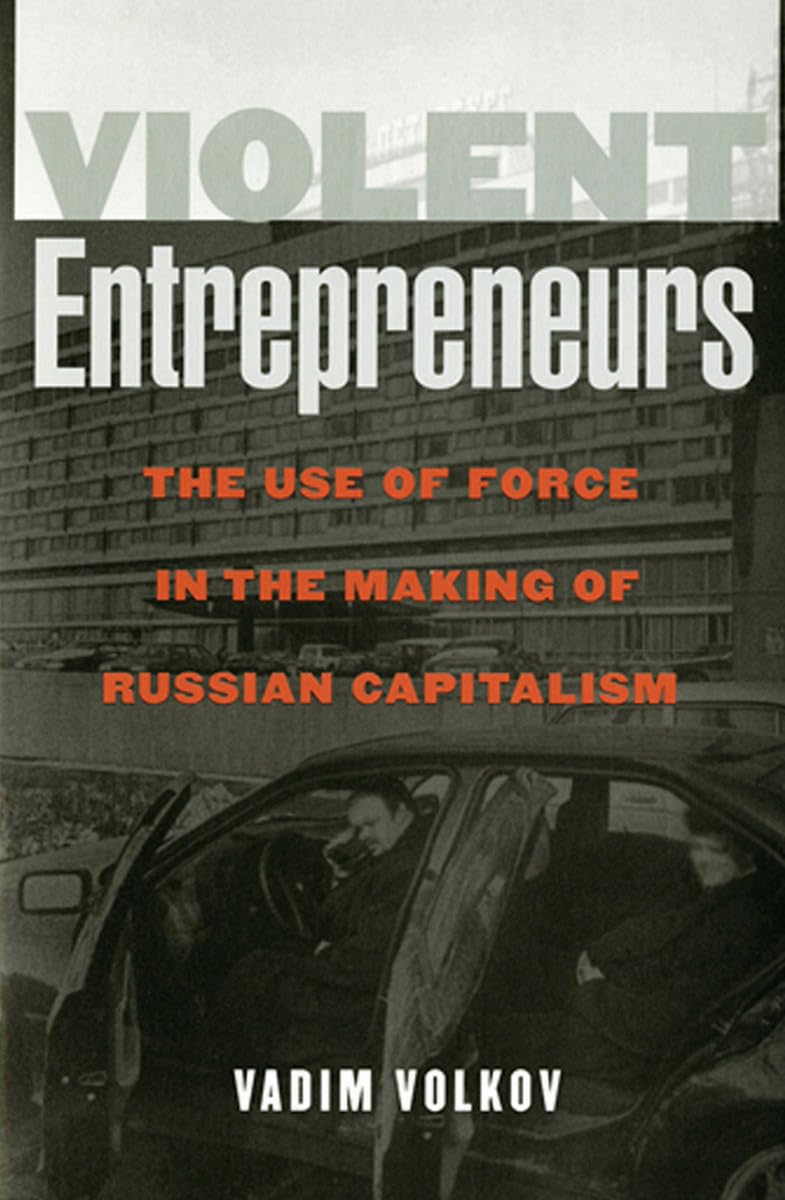
Vadim Volkov analyzes how violence played a crucial role in shaping Russia’s post-Soviet economy, where businessmen, criminals, and former security officers used force to control markets, eliminate rivals, and secure power.
It's one of the most academic books on the subject matter, and while it does use case studies and real-world examples to illustrate its arguments you get a lot of names, places and events thrown at you.
Criminals, Nazis, and Islamists - Competition for Power in Former Soviet Union Prisons
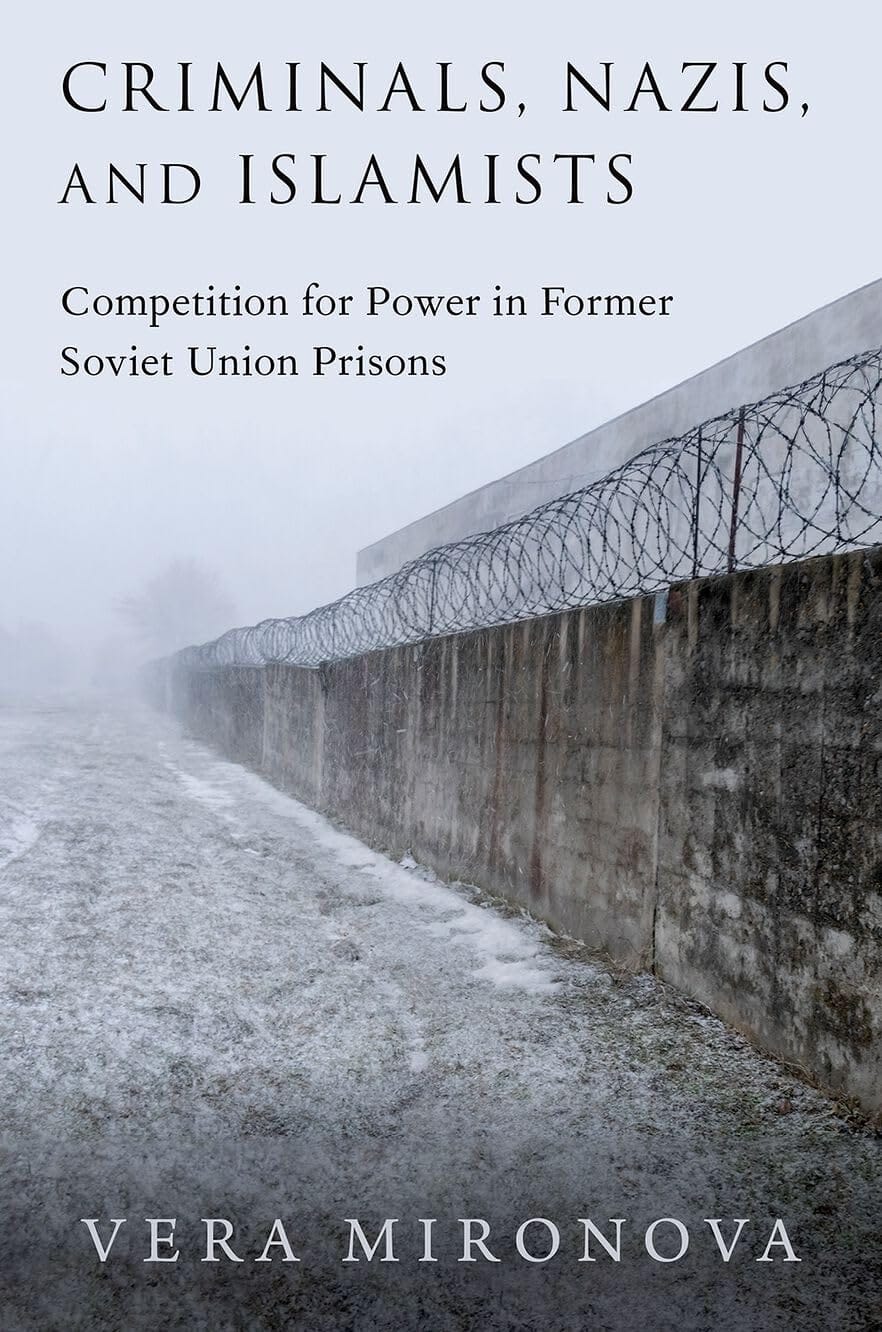
This book might look like an oddly and overly specific choice, but it expertly explains the intricate web of alliances and rivalries that shape everyday life behind bars in the post-Soviet world. Learning about how criminal gangs, neo-nazi factions, and Islamist networks jostle for control (in the process creating a volatile environment that extends its influence well beyond prison walls) offers excellent insight into broader societal trends, including the emergence of extremist ideologies, and post-Soviet politics in general.
Russian Criminal Tattoo Encyclopedia I - III
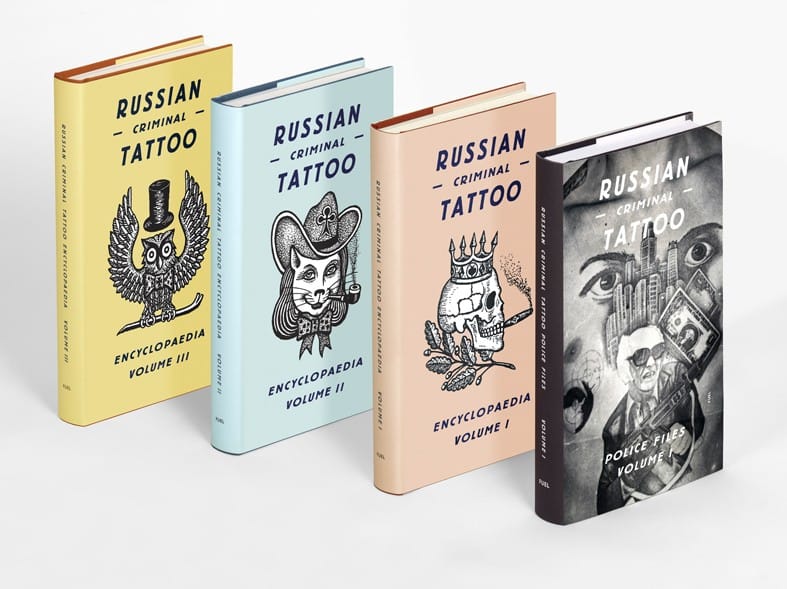
The Russian Criminal Tattoo Encyclopedia is a three-volume collection documenting the intricate and symbolic world of Russian prison tattoos. The author, Danzig Baldaev, was a Soviet prison guard and ethnographer who spent his entire career trying to understand this vital part of prisoner culture in Russia.
The books explore how tattoos function as a coded language, revealing an inmate’s rank, criminal history, ideological stance, and even personal beliefs. Accompanied by photographs and explanatory notes, this is a rare, thorough visual and cultural insight into Russia’s criminal underworld.